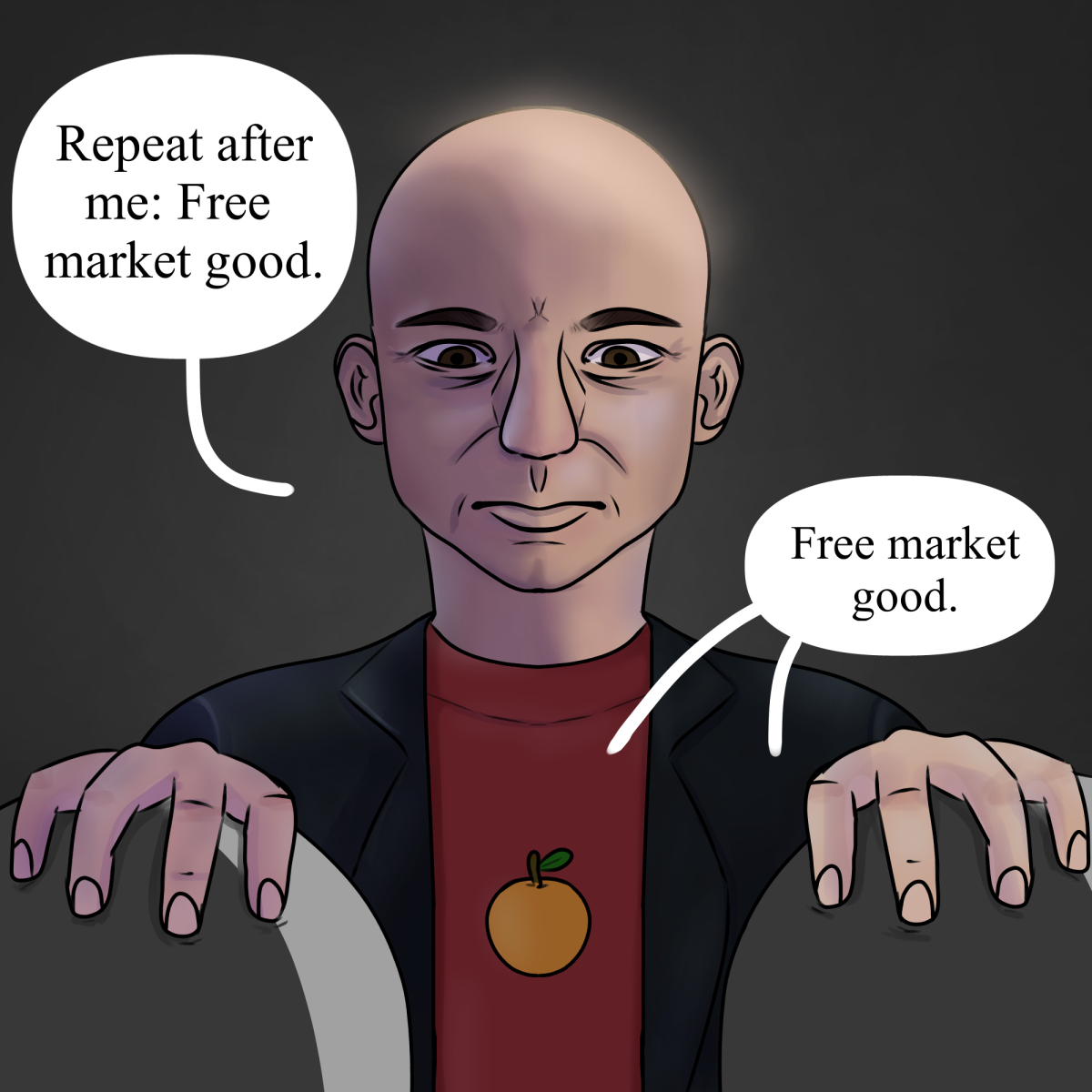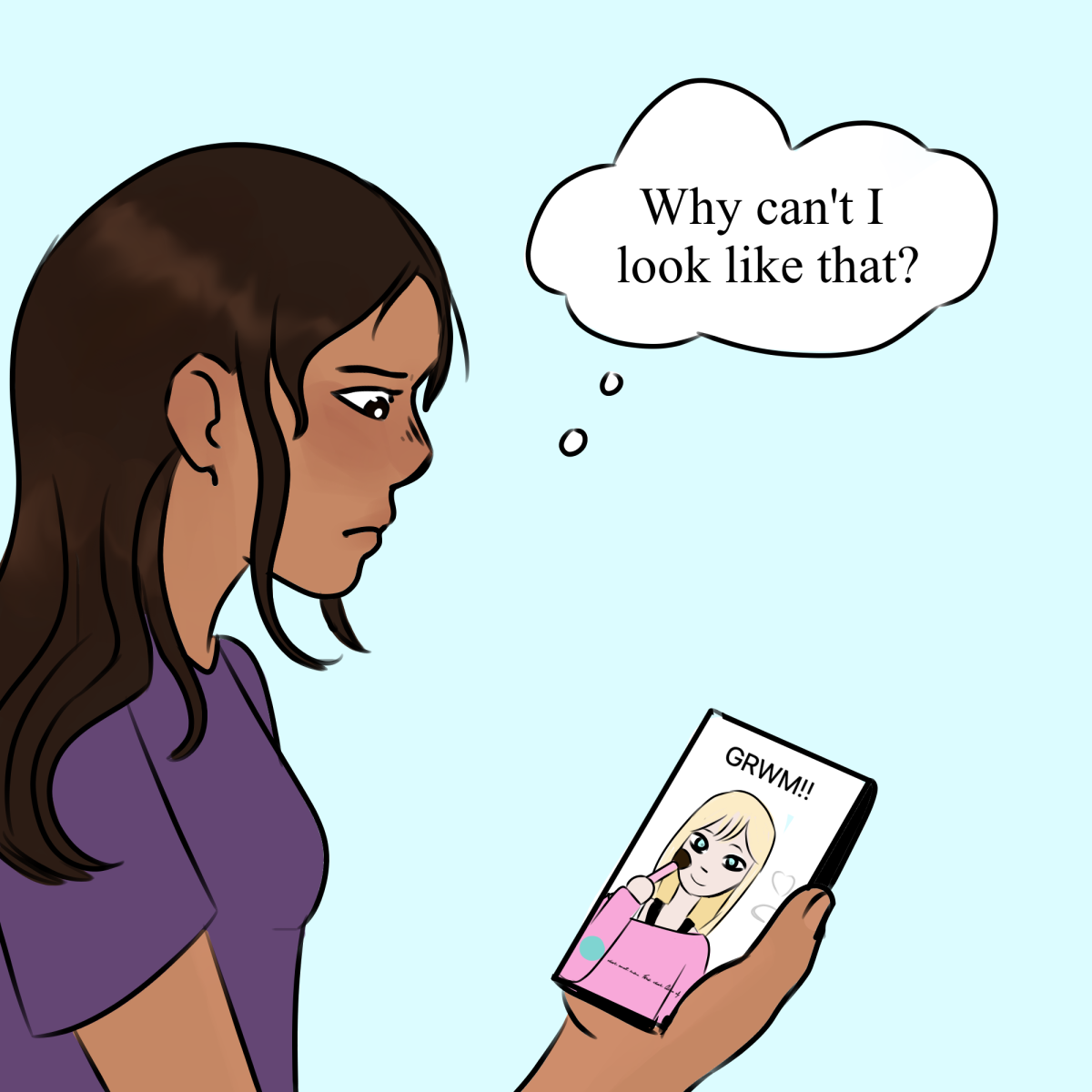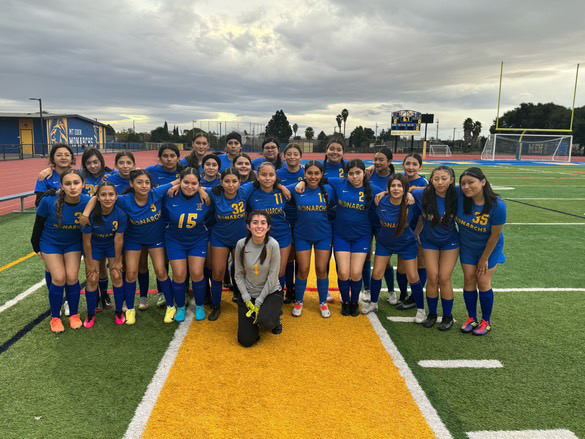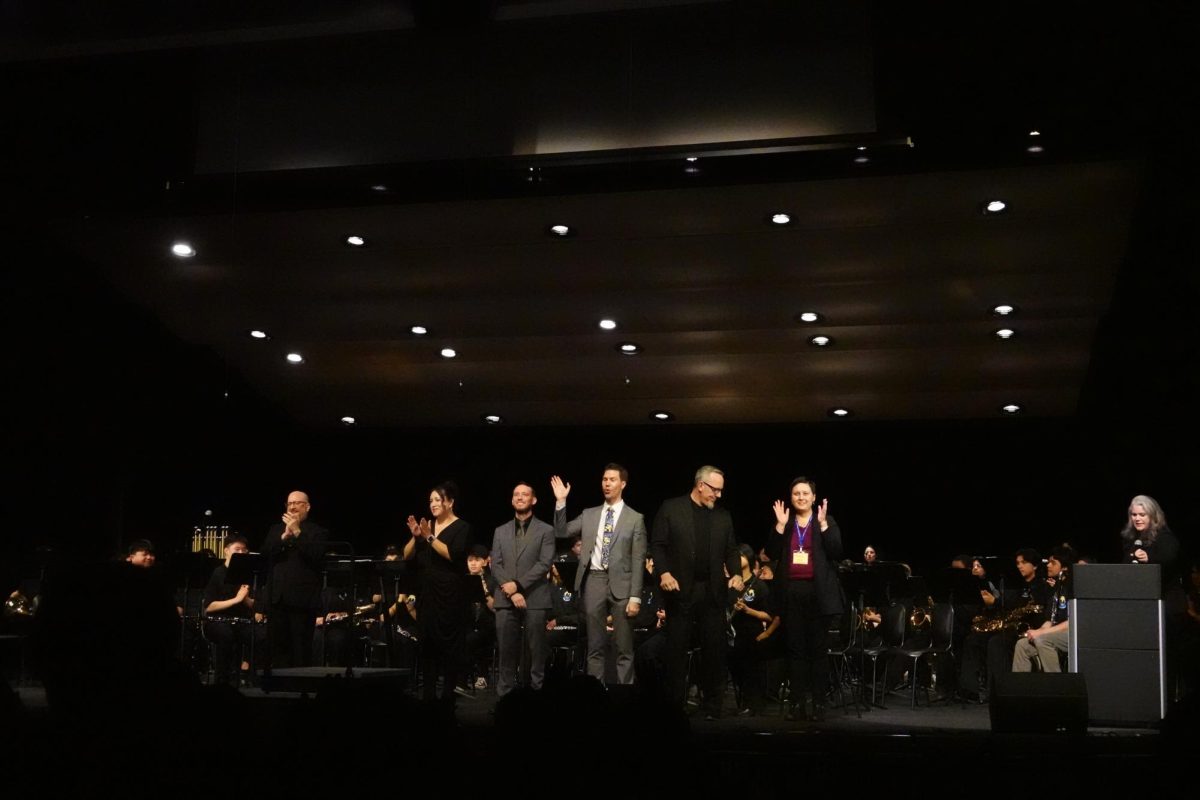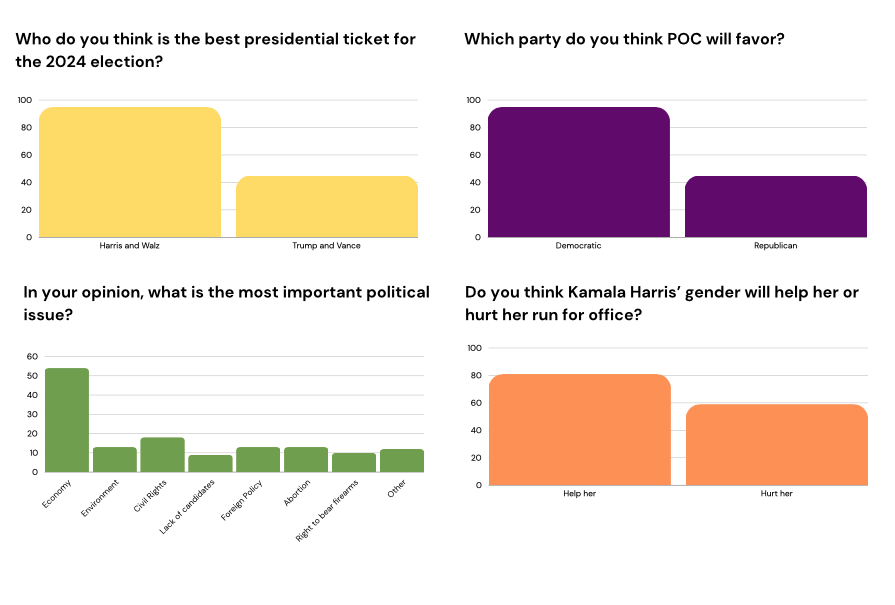In the eyes of the government, vigilante justice, the act of private citizens enforcing the law without legal authority, is criminal.
The general public, however, does not share the same views as the government, often glorifying vigilante justice. Do vigilantes commit extreme acts to have meaningful real-life changes, or just use the noise from public outroar to cover up their actions?
The murder of UnitedHealth Group CEO Brian Thompson caused a massive split of the public’s opinion on vigilante justice after Luigi Mangione allegedly murdered Brian Thompson on December 4, 2024.
UnitedHealth Group is a health insurance company with one of the highest denial rates among other companies in similar fields. It’s the 4th largest company in the United States behind Walmart, Amazon, and Apple, which is presumably why Mangione allegedly chose their CEO as his target.
The killing is a complicated situation because there seems to be a massive audience justifying the murder of the CEO, with hundreds of protests and online traffic in support of Mangione.
By the FBI’s definition, Luigi Mangione’s alleged actions are that of domestic terrorism, driven by his personal belief that killing would bring change to the health insurance industry.
It is difficult to judge Mangione’s alleged actions as vigilante justice when his manifesto doesn’t claim to bring justice to the victims affected by health insurance claims, but instead blames the American public for allowing the private health sector to “abuse our country for immense profit.”
“Frankly, these parasites had it coming,” stated an excerpt from Mangione’s manifesto. He argued that something drastic must be done to bring light to the issues of the U.S. Healthcare System.
“A reminder: the U.S. has the #1 most expensive healthcare system in the world, yet we rank roughly #42 in life expectancy,” wrote Mangione.
Later in the manifesto, he stated that he is not qualified to discuss the argument behind the wider problem at hand of the U.S. healthcare system.
A Goodreads account linked to Mangione has left a review on the Unabomber, Ted Kaczynski’s, manifesto, seemingly agreeing with what was stated while acknowledging that others may view it as the ramblings of a lunatic.
Kaczynski mailed bombs to various universities and airlines due to his contempt for American industrialization, destruction of nature, and technological takeover controlled by politicians and bureaucrats. He killed three and injured 23 more. Kaczynski was captured in a cabin in 1996, and sentenced to four life sentences plus 30 years.
If guilty, Mangione committed an extreme act of violence in the face of political issues, similar to Kaczynski. But Mangione gained widespread support that Kaczynski did not.
Both Kaczynski and Mangione attempted to bring light to issues that affect many Americans, the effects of the flawed U.S. Healthcare system is visible directly and is easier to sympathize with, while the issues targeted by Kaczynski are a slow burn.
Mangione pleaded not guilty to 11 charges, which included first-degree murder as an act of terrorism. His next trial is set for late February.







